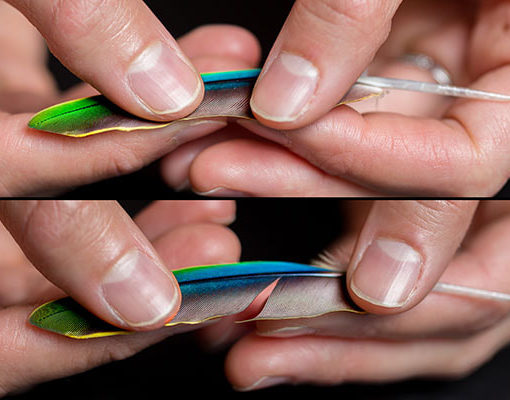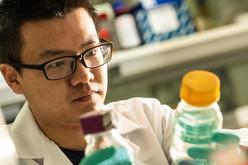Cornell University joins the five-year second phase of the Joint Center for Energy Storage Research, an interdisciplinary project aimed at realizing next-generation batteries.
Cornell Joins JCESR
Imagine Better Batteries for Solar Panels, Electric Cars, Commercial Flights and MoreCornell University joins the 5-year second phase of the Joint Center for Energy Storage Research (JCESR), an interdisciplinary project aimed at realizing next-generation batteries. Professor Geoffrey W. Coates, Tisch University Professor in the Department of Chemistry and Chemical Biology will coordinate research of polymerics that go into batteries.Founded in 2012, JCESR, one of the Department of Energy (DOE) Energy Innovation Hubs, aims to design and build transformative materials enabling next-generation batteries that satisfy all performance metrics for a given application. It looks to innovate the design and building of materials from the bottom up, “atom-by-atom and molecule-by-molecule, where each atom or molecule plays a role in producing targeted overall materials behavior.” JCESR involves more than 150 researchers across 18 institutions, spanning fundamental materials science to engineering expertise. JCESR also runs an affiliate program that brings together more than 100 small and large businesses, non-profits, universities and national laboratories to further promote public private partnerships. Works Consulted |
Innovations in Energy:
Cornell Joins Partnership for Longer-lasting, Stronger Batteries
11/1/2018
Cornell University joins the five-year second phase of the Joint Center for Energy Storage Research, an interdisciplinary project aimed at realizing next-generation batteries.





